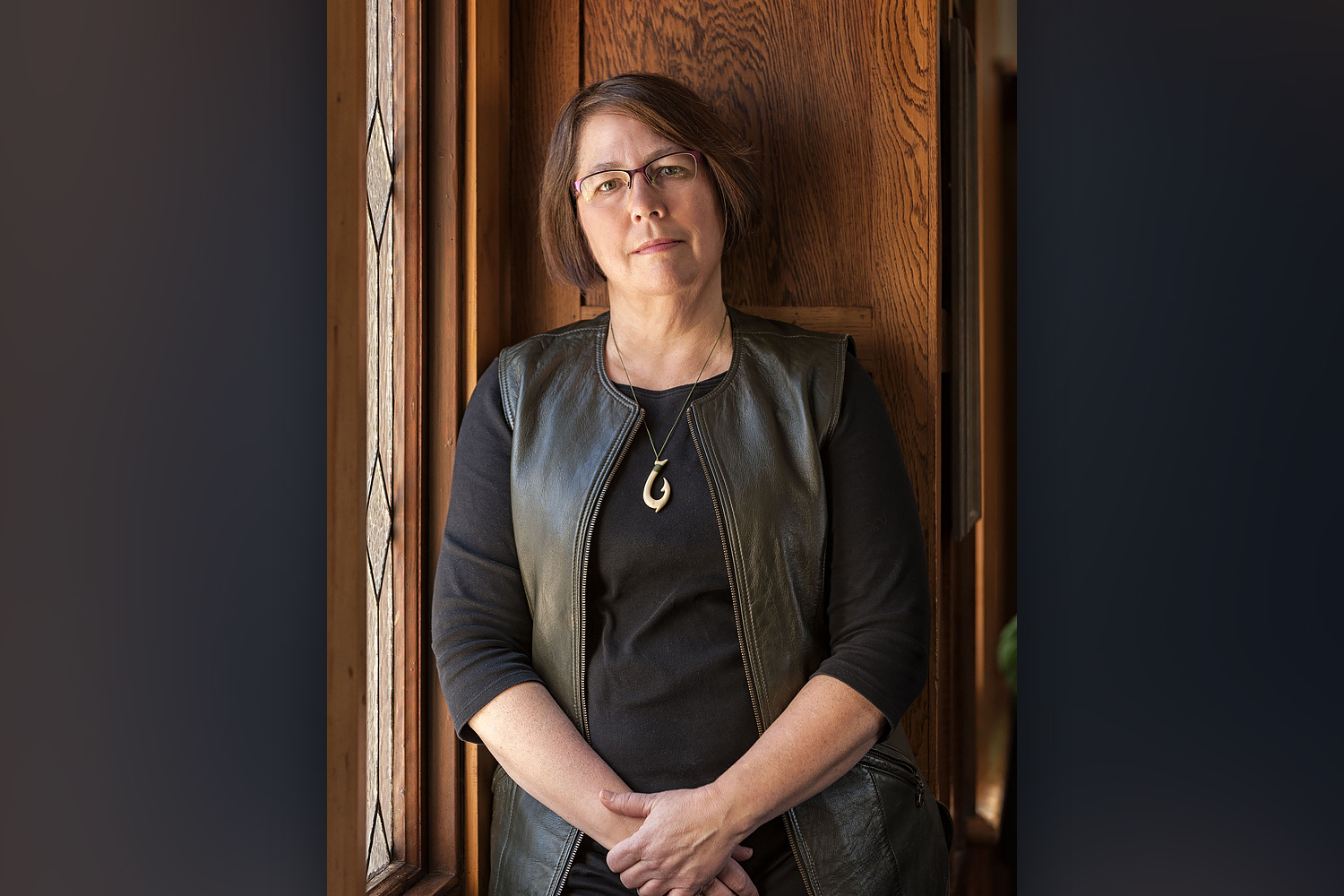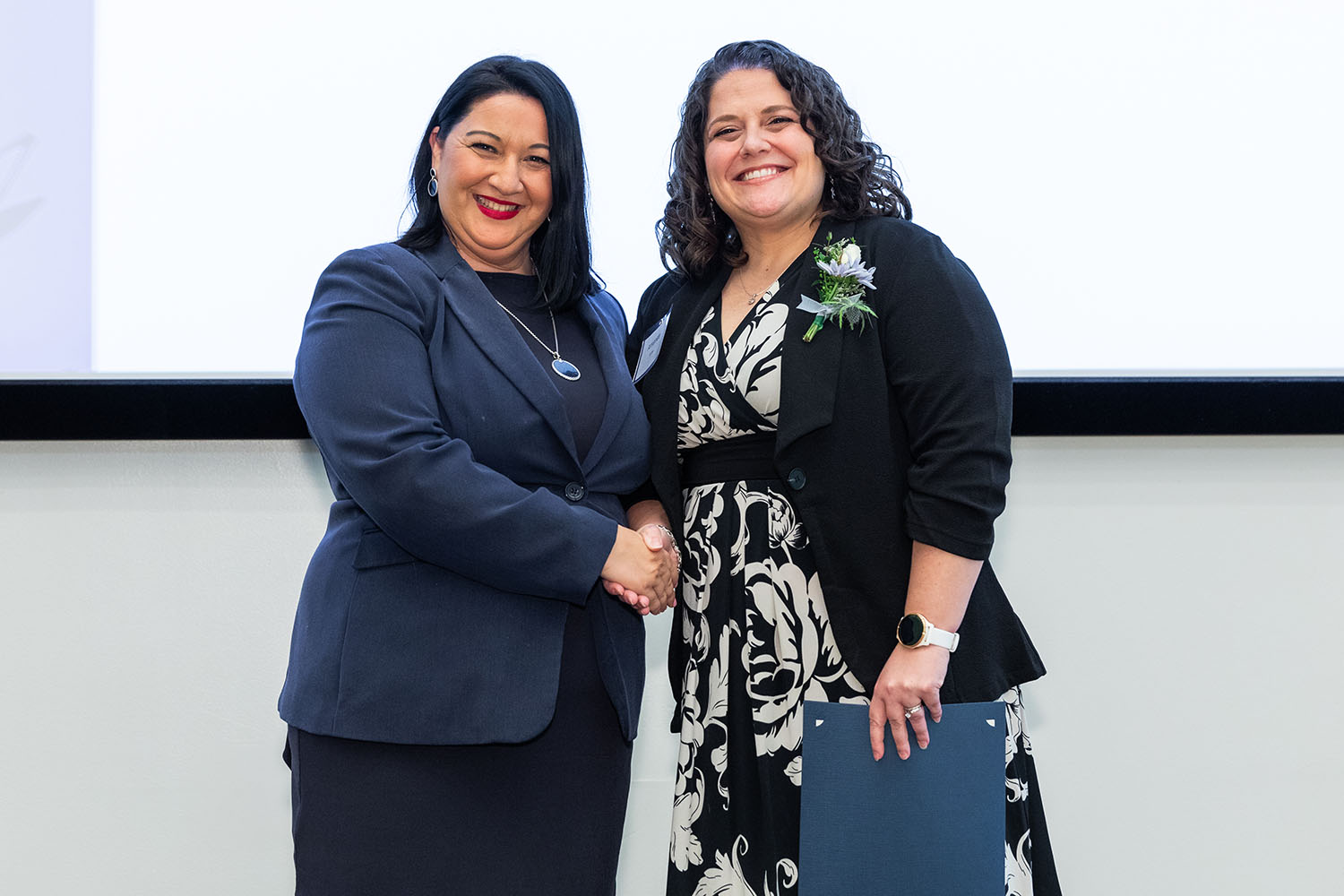Dean Juli Wade welcomed Evelyn “Lyn” Tribble as Associate Dean for Humanities and Undergraduate Affairs on July 27. Tribble will support faculty and undergraduate students as they prepare for remote and in-person research and classes this year.
The English professor brings six years of administrative experience and a wealth of knowledge in humanities research and education.
“The first year is going to be in part about how we’re managing teaching and learning during this time,” Tribble said. “I’ll do whatever I can to support teachers and faculty in delivering the best education we can and try to make this transition work well for students. There is no more important time than the present to strengthen humanities education,” she says.
Tribble was the Trustee for the Shakespeare Association of America for several years, and helped plan a conference marking the 400th year of Shakespeare’s death. She also served as the President of the Australia-New Zealand Shakespeare Association. In her free time, Tribble throws the heavyweight and the hammer in Master’s athletic competitions.
Prior to joining UConn in 2018, Tribble worked at the University of Otago in New Zealand for 15 years as a professor of English, serving six years as a department head. At Otago, Tribble saw the impact that a lack of general education can have on undergraduates.
“New Zealand’s universities run differently than what I was familiar with,” she says. For instance, there are larger lectures with fewer faculty. And there’s not a model for a general education curriculum.
“Working in a university system that did not have a general education system really made me appreciate the importance of a liberal arts foundation for all students,” Tribble says. “On the other hand, The University of Otago had a very robust method of team teaching, which exposed students to a variety of viewpoints in a single course.”
After earning her Ph.D. in English from the University of California at Berkeley, Tribble worked on a range of topics related to print culture and printed books, transitioning into research on Shakespeare and Renaissance-era theater history.
For the past 20 years, she’s incorporated concepts from psychology, history, and performing arts into her research, exploring memory and attention in theater actors, how Shakespearean theater managed complex groups of actors, and even the use of gesture in language.
“I have a wide range of interests, and you can connect so many topics to Shakespeare,” she says.
Her most recent book, Early Modern Actors in Shakespeare’s Theatre: Thinking with the Body examines the variety of skills early modern actors used to perform Shakespeare’s plays, and how those skills differ from contemporary actors. It sprang from an interest in how Shakespeare’s company put on five or six different plays per week, which today, Tribble says, would seem an impossible workload.
“I love having students from different majors and fields in my class, such as biology, or other areas that wouldn’t necessarily take a Shakespeare class,” she says. “I think it can be a real strength to expand their knowledge base.”
Beyond helping to ensure safe and productive courses during the pandemic and advocating for interdisciplinary research with the humanities, the new Associate Dean hopes to implement some new methods of assessing students, which could be particularly useful during a time when traditional classroom procedures are being rethought for distance learning.
“Students are learning so much new media and are able to express themselves in a range of ways, both digital and print,” Tribble says. “I’m hoping to work with faculty on developing some innovative ways of engaging and evaluating students.”
Though Tribble says funding for humanities research is typically less in dollar amount than what is available for social sciences and STEM, she looks forward to helping faculty achieve humanities innovations.
“We can do astonishing things with fewer resources,” she says.



